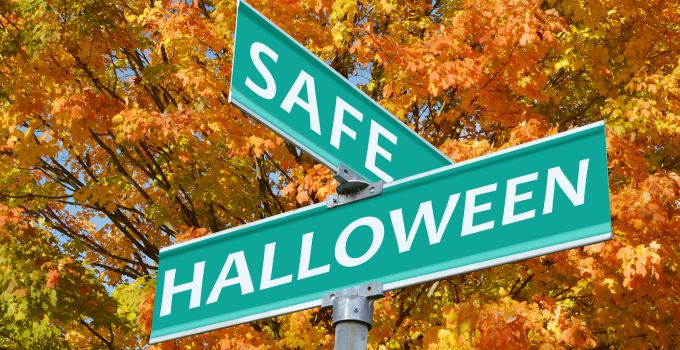Bad Faith Damages for Your Hurricane Insurance Claim
October 27, 2022
Bad Faith Damages for Your Hurricane Insurance Claim
Recent hurricane seasons have brought forth unprecedented challenges in the Gulf South, with Louisiana's coastal communities bearing much of the brunt. Hurricane Ida caused millions of dollars worth of property damage. Property damage ushered in insurance claims, and those insurance claims led to an onslaught of bad faith lawsuits against insurers.
If history is any indication of what the future holds, bad faith claims are unlikely to slow any time soon.
When is an insurer acting in bad faith?
Louisiana has two primary bad faith statutes: La. Rev. Stat. § 22:1892 and La. Rev. Stat. § 22:1973.
Section 22:1892 establishes a timeframe in which insurers must pay claims after receiving “satisfactory proof of loss” and penalizes the insurer for failing to pay a claim in a timely manner. This statute ensures that an insurer does not arbitrarily or capriciously deny a claim.
Section 22:1973 was enacted to codify an affirmative duty of good faith and fair dealing that an insurer owes to its insured, and outlines certain conduct that constitutes breach of this duty.
In other words, Section 22:1892 enforces penalties for an insurer’s bad faith, while Section 22:1973 provides for damages sustained as a result of such a breach.
Louisiana law specifically sets forth certain standards an insurance company must abide by during the claims process to fulfill the duty of good faith and fair dealing. Here are a few of these requirements:
- Prompt adjustment of the claim. Your insurer should not drag their feet or waste your time. If you waited months for a claim adjustment, your insurer may have acted in bad faith.
- Accurately represent facts or insurance policy provisions. Therefore, if your property damage was caused by a combination of flooding and wind damage, your insurance company cannot claim that your damage was caused by a sole event (such as flooding).
- Send payment within 30 days of receiving “satisfactory proof of loss.” If your insurer neglected to send a promised payment or, after 30 days, you were still awaiting payment, your insurer may have acted in bad faith.
- An insurer cannot deny a valid claim arbitrarily. Your insurer is legally prohibited from denying an otherwise valid claim without stating a specific reason. If your insurer provided no explanation or a frivolous reason for denying your claim, they may have acted in bad faith.
How long do you have to make a bad faith claim against an insurer?
Recently, with Smith v. Citadel Insurance Co. as Successor to Gramercy Insurance Co. and GoAuto Insurance Co., No. 2019-CC-00052, the Louisiana Supreme Court established that the insured has up to two years to bring a bad faith claim against an insurer. This is based on the breach of contract by the insurance company with you as the customer.
However, if you believe your insurance claim was denied in bad faith, it is important not to delay taking action. It is important that evidence is collected and preserved so that you can prove the breach of duty. In some instances, you may be entitled to penalties and attorney's fees from your insurer.
Anderson Traylor Edwards is here to help. For more information about how we can help you with your Hurricane Ida insurance claim, contact us online or call 985-345-7777.
Read More News
Related Blog Posts
.jpg)


.jpg)
